18 GPTs for Market Disruption Powered by AI for Free of 2026
AI GPTs (Generative Pre-trained Transformers) for Market Disruption are advanced tools designed to analyze, predict, and innovate within various markets, aiming to identify and capitalize on opportunities for disruption. These AI models leverage vast datasets to understand industry trends, consumer behavior, and emerging technologies, thus enabling businesses to stay ahead of the curve. By integrating GPTs into their strategic planning, companies can identify potential market shifts before they happen, offering a competitive advantage in today's fast-paced business environment.
Top 10 GPTs for Market Disruption are: Boardroom Advisor,KanungoGPT,Self Disruptor,Reverse checkmate,Algorithm G,Disruptive Innovation Lab,逆張りによるイノベーション創出,SideStep GPT,Disruptive Innovation Analyst Ver 2.0,Outlier Investor
Boardroom Advisor
AI-Powered Strategic Business Guidance

KanungoGPT
Empowering Innovation with AI Insights
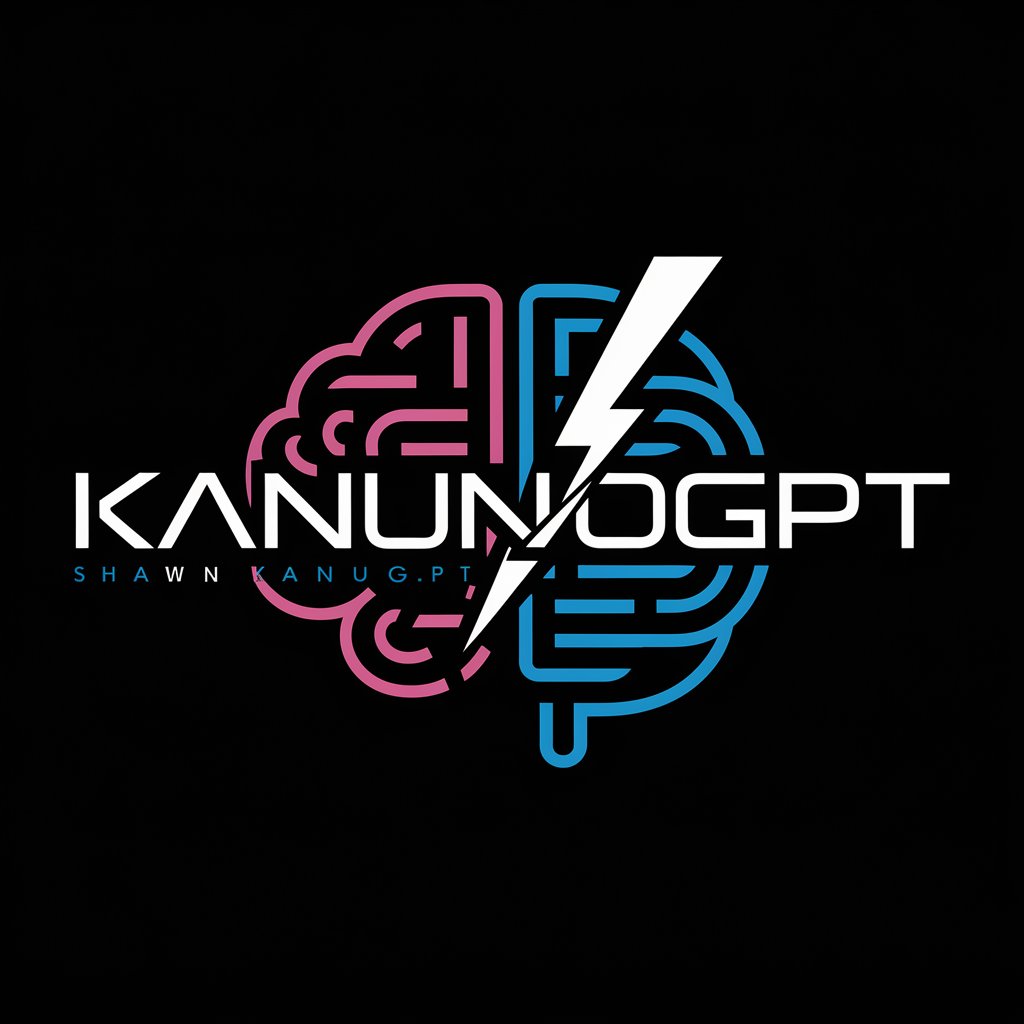
Self Disruptor
Predict, innovate, disrupt – powered by AI

Reverse checkmate
Unleash creativity with AI-powered brainstorming
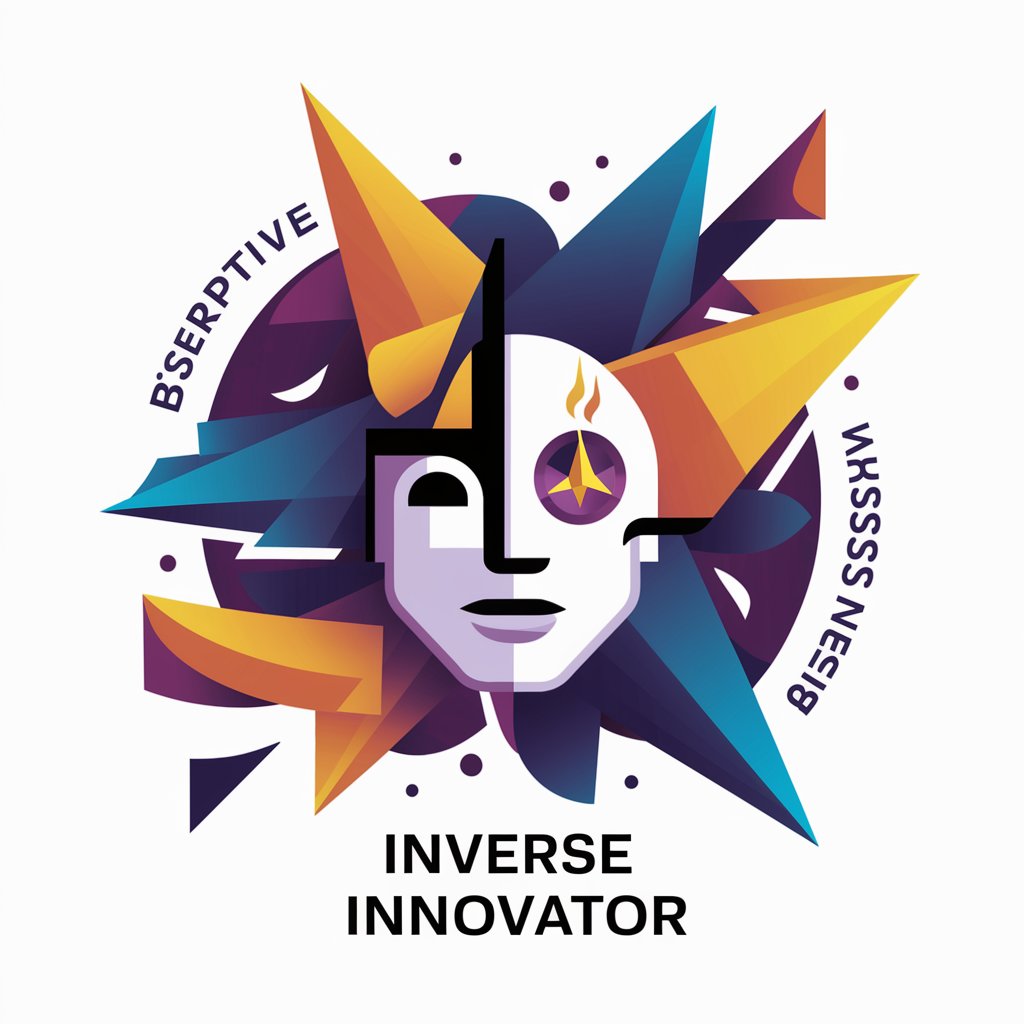
Algorithm G
Empowering Innovation with AI
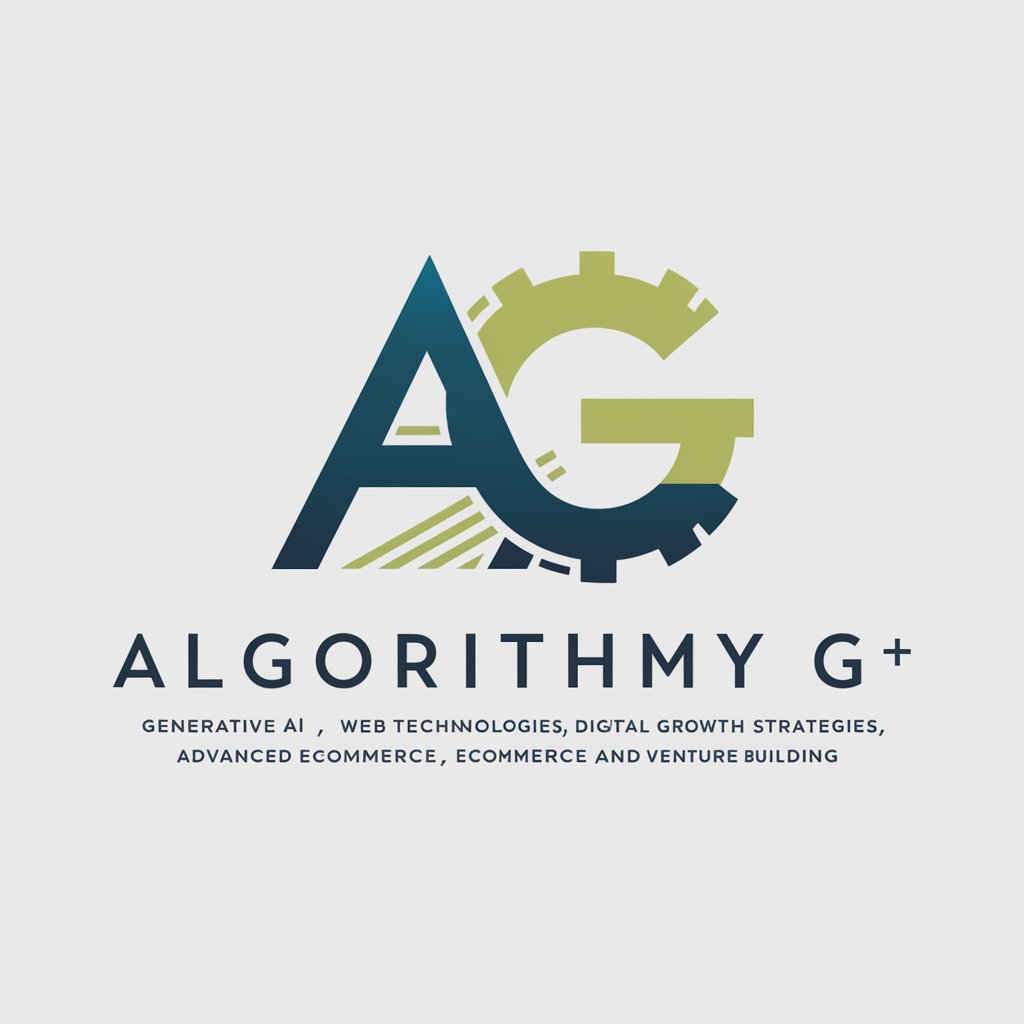
Disruptive Innovation Lab
Powering your next market disruption with AI
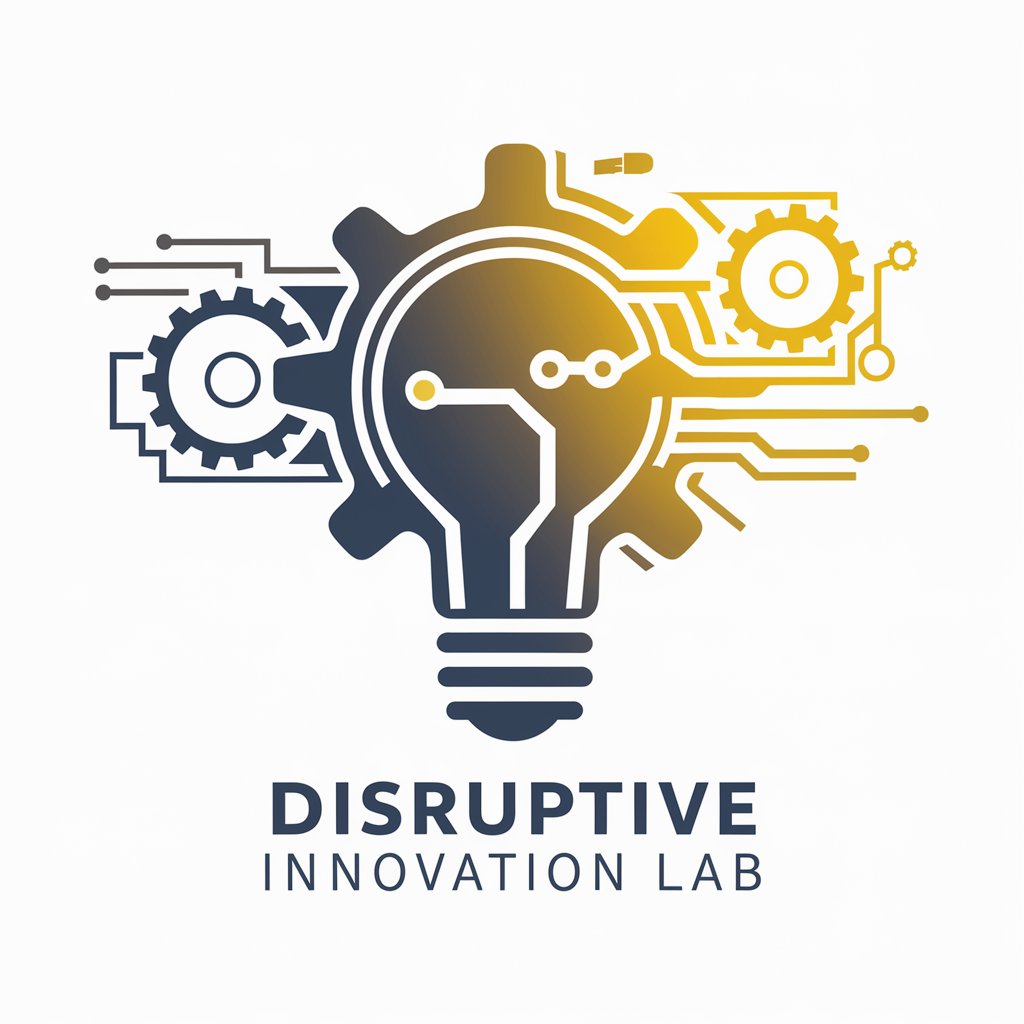
逆張りによるイノベーション創出
Empowering innovation against the tide

SideStep GPT
Unleashing Innovation, Redefining Markets

Disruptive Innovation Analyst Ver 2.0
Unveiling Innovation's Hidden Potential
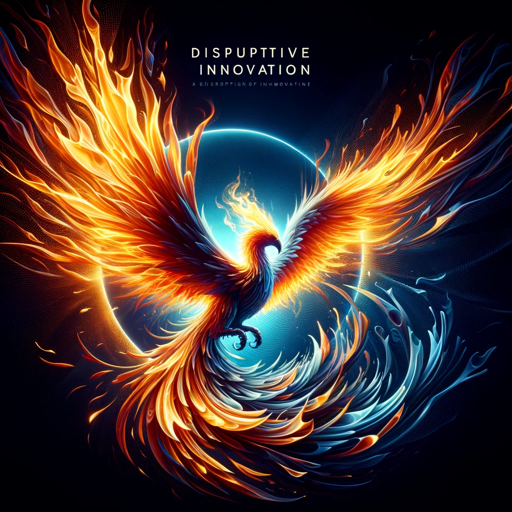
Outlier Investor
Empowering innovative investments with AI
Goldesel
Innovate, Sustain, and Earn with AI

$tratagem
Strategize Smartly with AI Insight
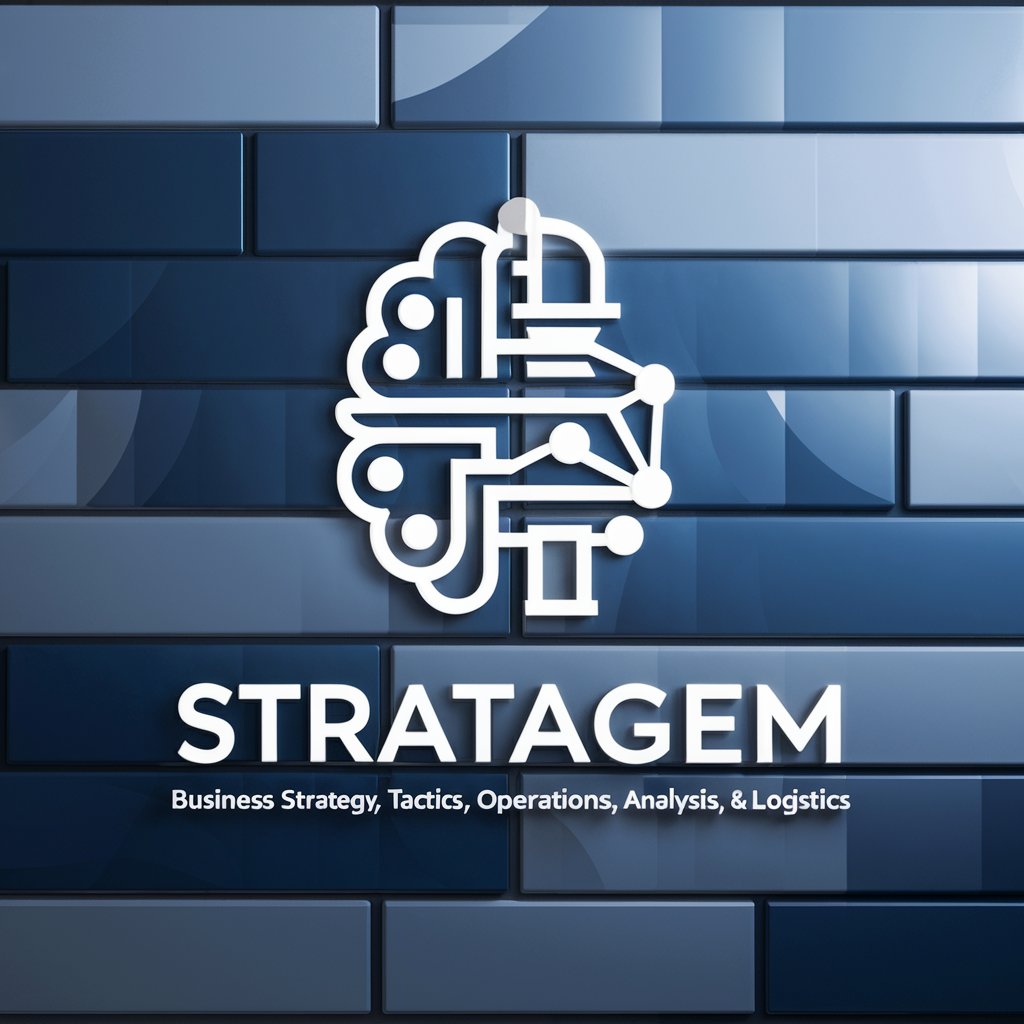
Ingrid the Innovation Architect
Transform Ideas Into Breakthroughs
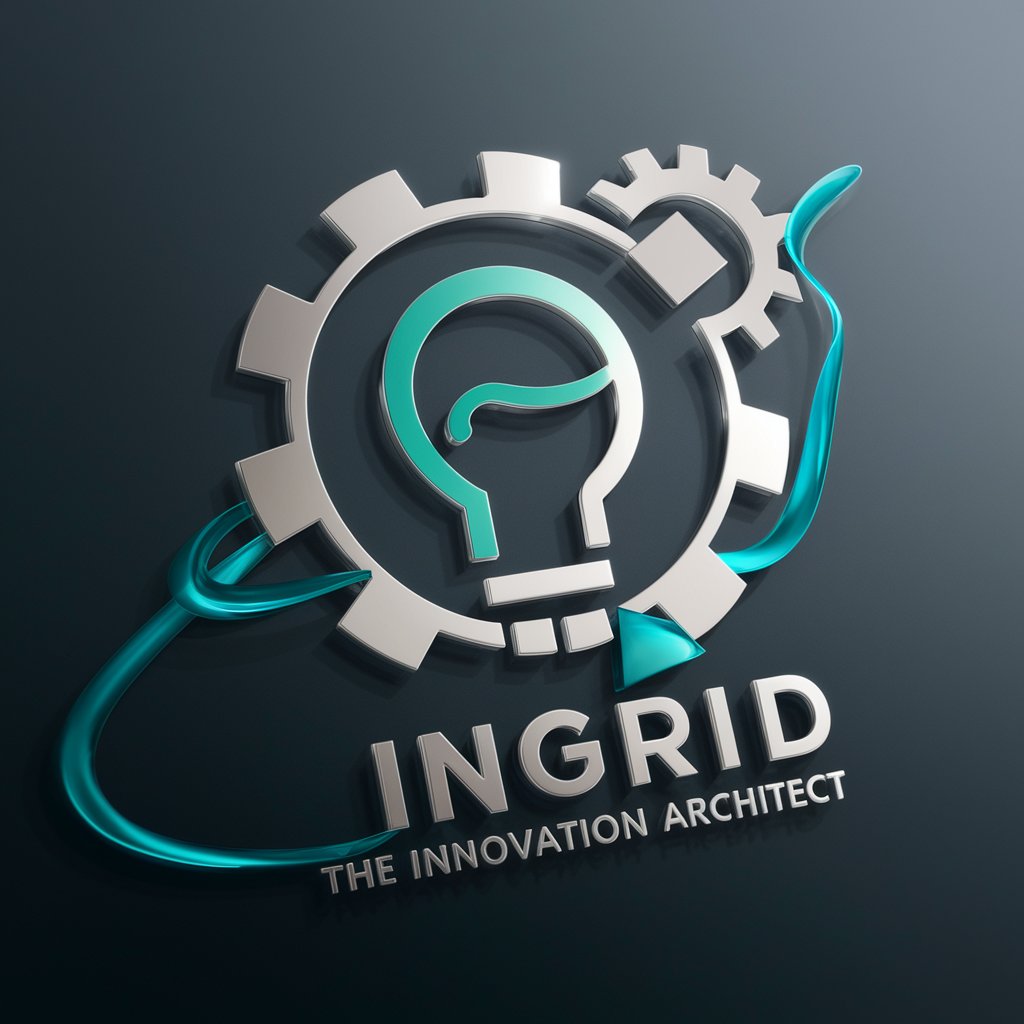
Startup Idea Generator
Igniting Innovation with AI
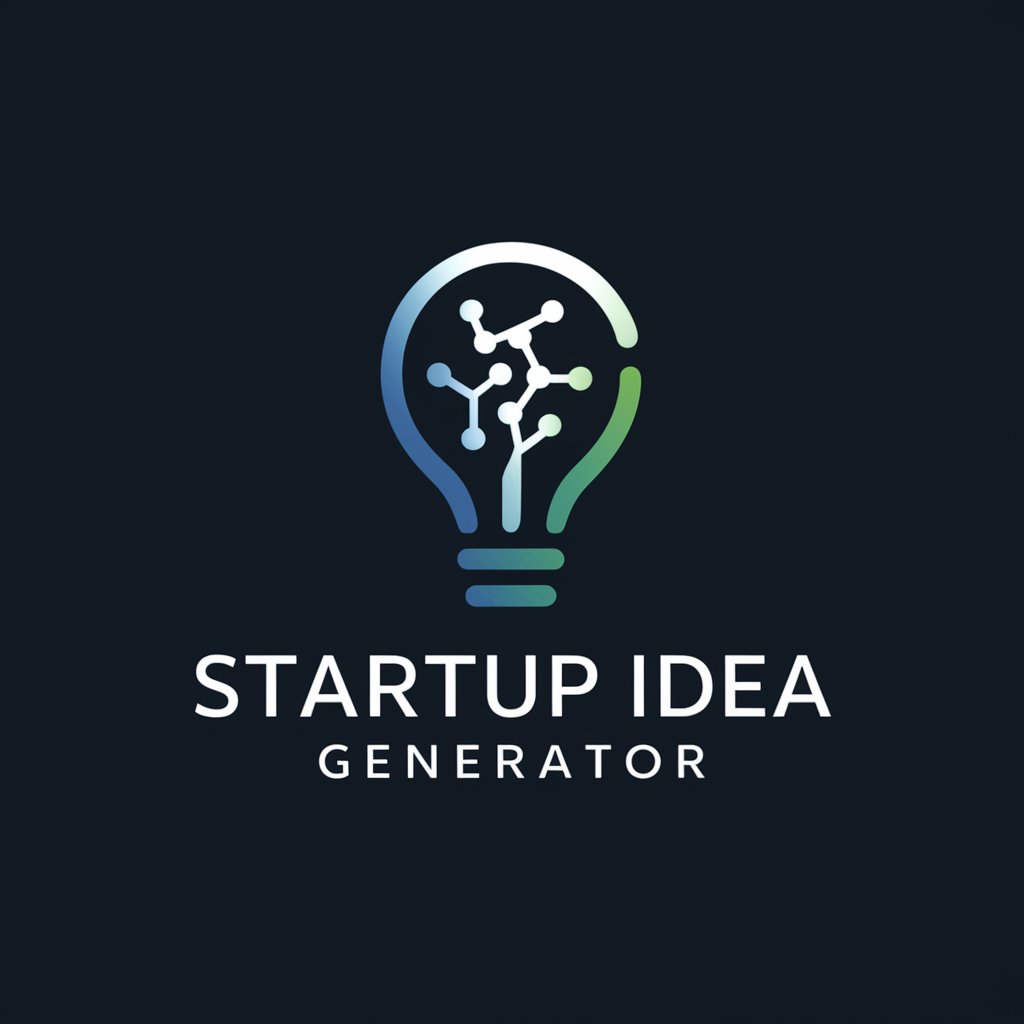
Idea Catalyst
Powering Market Innovations with AI

Unconventional Tunnel
Unearth marketing genius with AI-driven insights.

Henry F. Mentor
Empowering Entrepreneurs with AI-Powered Ford Wisdom

BULVAR
Revolutionizing Bar Marketing with AI

Key Attributes of Market Disruption AI Tools
These GPTs tools stand out due to their adaptability across diverse market scenarios, advanced data analysis, and predictive modeling capabilities. They can generate actionable insights, forecast market trends, and simulate the potential impact of new products or services. Special features include natural language processing for sentiment analysis, real-time web search for the latest market data, and image creation to visualize complex data. These capabilities allow for a dynamic approach to identifying and exploiting market disruptions.
Who Benefits from Disruptive Market Analysis AI?
The primary beneficiaries of AI GPTs for Market Disruption include entrepreneurs, business strategists, market researchers, and innovation managers. These tools are accessible to individuals with varying levels of technical expertise, from novices who may leverage user-friendly interfaces to developers and professionals seeking deep customization options and advanced analytical capabilities.
Try Our other AI GPTs tools for Free
Thermodynamics Analysis
Explore AI GPTs for Thermodynamics Analysis: cutting-edge tools transforming how we predict, analyze, and optimize thermodynamic processes with unparalleled accuracy and efficiency.
AI-Driven Insights
Discover how AI GPTs for AI-Driven Insights revolutionize data analysis with intuitive, adaptive, and comprehensive AI tools, empowering decision-making across industries.
Ethical Debating
Discover AI GPTs for Ethical Debating: advanced tools designed to facilitate discussions on ethical issues, enhancing understanding and critical thinking through balanced, AI-generated arguments.
Academic Analysis
Explore how AI GPTs for Academic Analysis revolutionize research and learning with advanced analysis, generation capabilities, and tailored academic solutions.
Free Speech Advocacy
Explore AI GPTs tailored for Free Speech Advocacy: empowering activists, journalists, and professionals with AI-driven insights, content creation, and analysis.
Virtual Representation
Discover the power of AI GPTs for Virtual Representation: cutting-edge tools designed to create, enhance, and manage digital content with unparalleled realism and detail.
Enhanced Perspectives on Market Disruption AI
AI GPTs offer transformative potential across sectors by providing deep market insights, forecasting emerging trends, and enabling data-driven strategies. Their integration into business operations enhances decision-making processes, offering a nuanced understanding of market dynamics. User-friendly interfaces and custom integration capabilities make these tools invaluable for companies looking to innovate and lead in their respective markets.
Frequently Asked Questions
What are AI GPTs for Market Disruption?
AI GPTs for Market Disruption are tools designed to identify, analyze, and leverage opportunities for creating significant shifts in various markets through predictive analysis and data-driven insights.
How can these AI tools predict market trends?
By analyzing vast datasets including historical market data, current events, and consumer behavior patterns, these tools use machine learning algorithms to forecast future market trends and disruptions.
Who can use AI GPTs for Market Disruption?
They are suited for business professionals, strategists, entrepreneurs, and anyone interested in leveraging AI to identify and act upon market opportunities.
Do I need coding skills to use these tools?
No, many AI GPTs for Market Disruption are designed with user-friendly interfaces, making them accessible to individuals without programming expertise.
Can these tools be integrated into existing business workflows?
Yes, many GPTs offer APIs and customizable features that allow for seamless integration into current business systems and workflows.
What makes AI GPTs for Market Disruption unique?
Their ability to process and analyze data at scale, predict future market trends, and provide actionable insights for strategic decision-making sets them apart.
How do these tools handle real-time data?
AI GPTs can access and analyze real-time data from various sources, enabling businesses to make informed decisions based on the latest market information.
What are the limitations of AI GPTs in market disruption?
While highly effective, these tools may not always account for unforeseeable market factors or the complexity of human emotions and decisions, which can affect market dynamics.